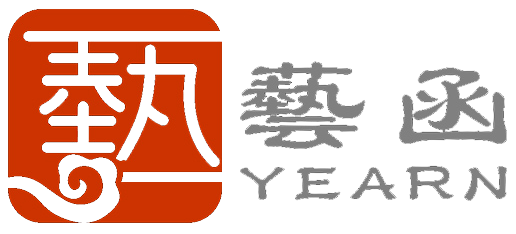The role of polyvinylpyrrolidone pvp
Polyvinyl pyrrolidone (PVP) is a non-ionic polymer that is the most distinctive, best-studied and most widely studied fine chemical among N-vinyl amide polymers. Has developed into non-ionic, cationic, anion 3 categories, industrial grade, pharmaceutical grade, food grade 3 specifications, relative molecular mass from thousands to more than one million homopolymer, copolymer and crosslinked polymer series products, and with its excellent unique properties have been widely used.

The role of polyvinylpyrrolidone:
1, PVP as a synthetic water-soluble polymer compounds, with the general properties of water-soluble polymer compounds, colloidal protection, film formation, adhesion, hygroscopic, solubilization or condensation, but its most distinctive, so people pay attention to its excellent solubility and physiological compatibility.
2, PVP has anti-fouling reprecipitation performance, can be used to prepare transparent liquid or heavy dirt detergent, adding PVP in detergent has a good anti-color effect, and can enhance the cleaning ability, washing fabric can prevent synthetic detergent on the skin stimulation, especially for synthetic fibers, this performance is more prominent than carboxymethyl cellulose (CMC) detergent.
3, PVP coated paint, coating film transparent without affecting the color, improve the gloss and dispersion of paint and pigment, improve thermal stability and improve the dispersion of ink and ink, etc.
Extended information:
PVP is divided into four stages according to its average molecular weight size, which is usually expressed by the K value, and different K values represent the corresponding average molecular weight range of PVP. The K value is actually an eigenvalue related to the relative viscosity of PVP aqueous solution, and the viscosity is a physical quantity related to the molecular weight of polymers, so the average molecular weight of PVP can be characterized by K value. Generally, the greater the K value, the greater the viscosity and the stronger the adhesion.
The vast majority of PVP polymerization uses AIBN as initiator, and there is no literature on using water-soluble azo initiators to initiate PVP synthesis, but some people are doing work in this area.
Since both NVP monomer and PVP are water-soluble, it is entirely possible to use water-soluble azo initiators to initiate polymerization into linear PVP polymers. Moreover, AIBN contains the group cyanogen that is harmful to human body, while most water-soluble azo initiators do not contain cyanogen, and PVP is mostly used for products that are in direct contact with human body. Therefore, water-soluble azo initiators have more advantages than AIBN.

